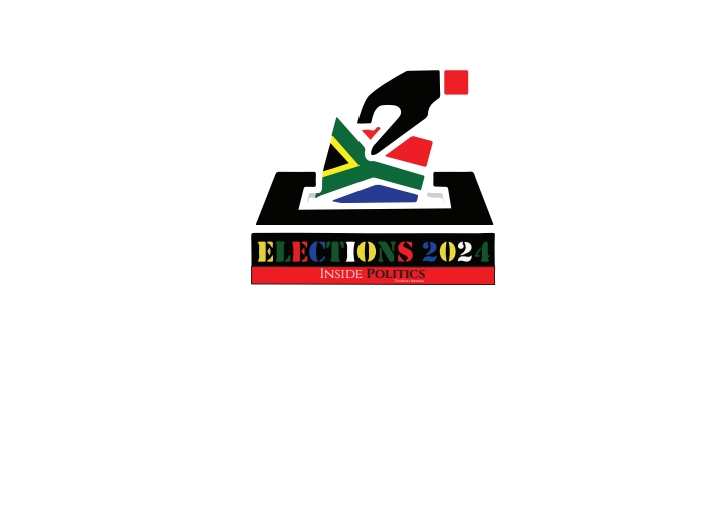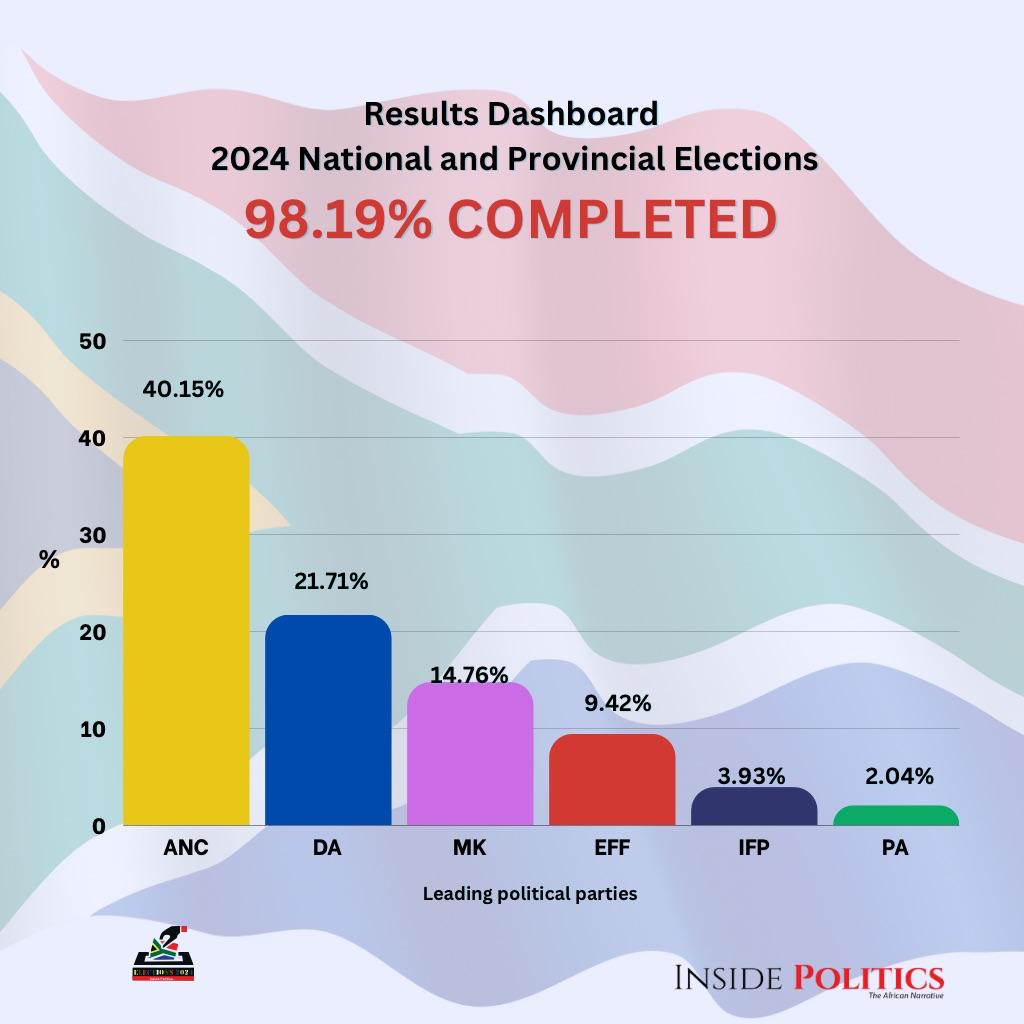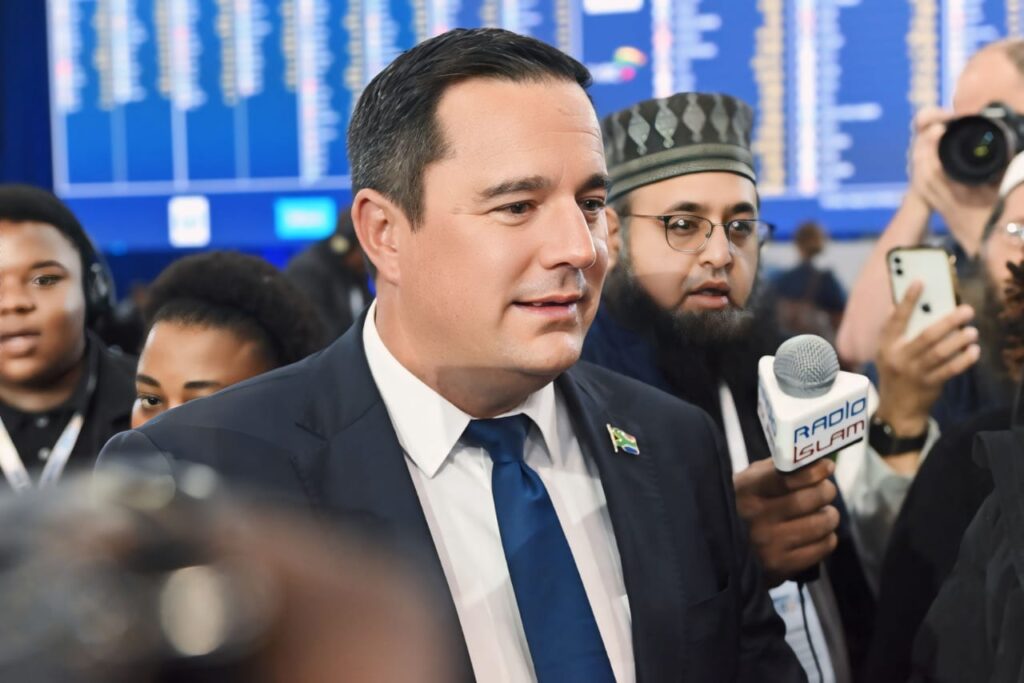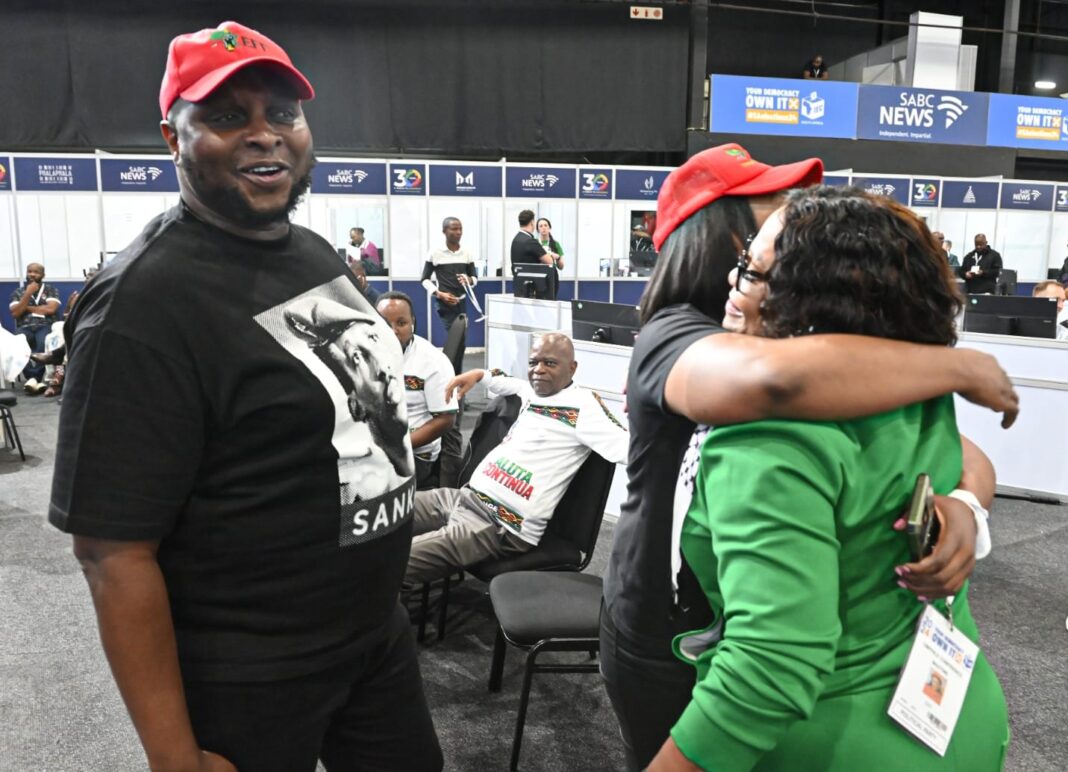Inside Politics Reporter
With more than 98% of the votes counted, it is clear that the ANC has lost its majority nationally and will have to enter into a coalition agreement with one or more of the opposition parties to its political right and left to continue governing South Africa.
The ANC vote nationally has dropped to 40.22%, followed by the Democratic Alliance at 21.66% and the Umkhonto we Sizwe Party, which at this point has taken 14.73%, replacing the Economic Freedom Fighters (EFF) as the third biggest party in the country.
The ANC looks destined to lose its majority in Gauteng, and in KwaZulu-Natal, where it has been replaced by the MK Party as the largest party and will be in the opposition benches in the provincial legislature unless it can come up with an agreement with the parties it was competing with for power.
The ANC’s National Executive Committee (NEC) is set to meet soon, well ahead of the release of the final results by the Electoral Commission of South Africa (IEC), scheduled for Sunday, to discuss the shock outcome.
Until the results started coming in, the coalition options being quietly considered by the ANC were either replicating the relationship it has with the Red Berets at Gauteng metro level, or going into an alliance with the DA and or the IFP.
The EFF option enjoys the support of the party’s Gauteng leadership and many of the younger members of the current NEC, and is more in line with the party’s policies – determined by the resolutions of successive conferences since 2007.

Both parties subscribe – on paper at least – to expropriation of land without compensation, nationalisation of the mining sector and economic transformation more broadly, making a coalition an easier one for party members to accept.
However, it is opposed by party president Cyril Ramaphosa, national chairperson Gwede Mantashe, secretary general Fikile Mbalula and the older generation in the party, who, like its veterans, believe that the ANC’s image has suffered as a result of its coalitions with the EFF in Johannesburg, Ekurhuleni and elsewhere in Gauteng.
Last October the NEC took a decision to review coalitions that were “not working” to benefit communities in the 81 hung councils around the country, based on recommendations by a team lead by former Gauteng premier David Makura.
However, the ANC Gauteng leadership has argued against implementing the review, arguing that they could not afford to lose the municipalities – and that the EFF may be needed in order to retain the province.
The other option which was previously open to the ANC – until the advent of the MK party – was the seemingly contradictory idea of going into a coalition with either – or both – the DA and the IFP.
While the DA’s coalition agreement with the IFP and other parties – the Multi Party Charter for South Africa – and its aggressive stance towards the ANC, along with their ideological differences, such a relationship would have appeared unlikely ahead of the poll.

However, the Multi Party Charter has fallen far short of securing a collective majority and the DA, which had previously described a coalition with the ANC as the “best worst option,” says that “nothing is off the table.”
IFP president Velenkosini Hlabisa has publicly taken similar positions on working with the ANC, saying that while the Multi Party Charter governing was the first prize, the voters would ultimately dictate what role the party played in any post-election administration.
The IFP’s national figures are presently sitting at just under 3.9%, it hopes to increase its tally to over at least 4%. In KZN, it has overtaken the ANC as the second largest party after the MK party with 18.04.
Its numbers, along with the DA’s current 13.39% and other smaller parties, would get the ANC to 50% in KwaZulu-Natal and allow it to keep the MK Party out of government in the province, should it also fail to get an outright majority.
The IFP served in the Government of National Unity (GNU) convened by then president Nelson Mandela in 1994, so the concept of the two parties working together is not an alien one.
IFP chief whip Narend Singh said that there would be a discussion among the Multi Party Charter parties on Friday.
“We will have to look at what we do from here,” Singh said. ‘Do the parties go their own way, or do we go in as a block. After that we will start talking to other political parties to see if we can assist in forming a government and where.”
Singh said the voters had indicated that they did not want any single party to run the country and that the parties needed to respond to this.

In an interview with the SABC at the Results Operation Centre (ROC) , DA leader John Steenhuisen said that the party would be meeting first with its partners in the Multi Party Coalition to decide the way forward.
Steenhuisen said that how the party coalesced was still to be determined and that ‘nothing is off the table.”
While the shock results nationally and provincially achieved by the MK Party present a threat to the ANC, they also effectively see it replacing the EFF as a potential coalition partner for the ANC nationally.
For all the bad blood between MK Party leader Jacob Zuma and ANC president Cyril Ramaphosa, many of the resolutions passed by the governing party’s radical economic transformation faction during the former president’s tenure have been carried into the new party with him.
Many of MK’s members belonged to the ANC less than a year ago.
Zuma’s supporters in the ANC had backed current deputy president Paul Mashatile at its national conference in December 2022 and – like the EFF – are set to be more open to cooperation with an ANC led by him.
Zuma’s daughter, Duduzile Zuma-Sambudla, told reporters at the ROC on Thursday that the MK Party would not enter into a coalition with the ANC in KwaZulu-Natal.
Its national spokesperson, Nhlamulo Ndlela, indicated that its doors were open to working with “progressive” parties going forward.
Whether the ANC will turn to its older opponents or its newer ones to stay in government depends on which of the options the NEC goes for and will be a little clearer after the NEC, its highest decision making structure between conferences, has met.
INSIDE POLITICS

